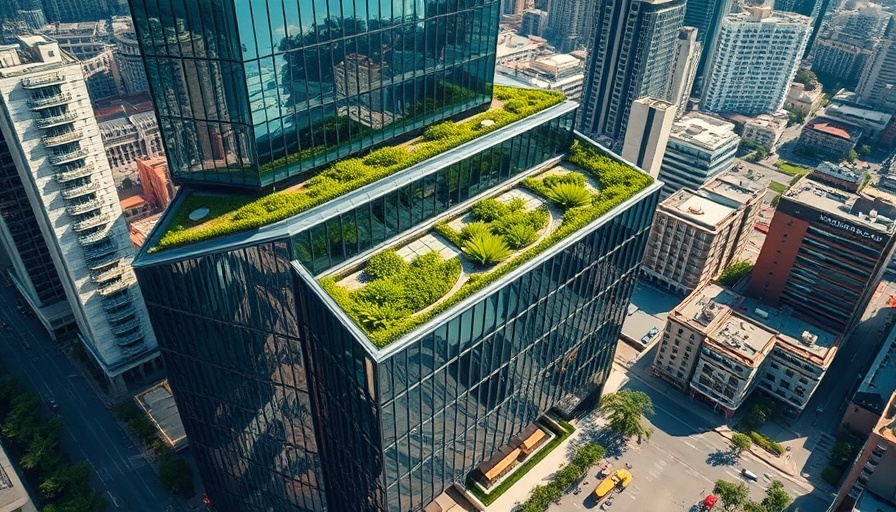
Builders Stay Committed to Sustainability Amid Political Changes
In the ever-evolving landscape of the construction industry, a striking trend is emerging: despite recent political changes and executive orders from the Trump administration targeting clean energy initiatives, builders and contractors remain enthusiastic about sustainable practices. From high-profile projects like the LEED Platinum office tower '1550 on the Green' in Houston to the groundbreaking of HITT Contracting's new headquarters, the drive for sustainability is being led by the customers themselves.
Customer Demand Guides Construction Trends
Even as the White House pushes for a rollback of environmental regulations, builders continue to prioritize sustainability based on the preferences of their clients. For instance, the new HITT headquarters will feature innovative elements like a photovoltaic solar canopy, wind turbines, and furniture crafted from recycled materials—all integral to the contractor's pledge to sustainability. Kim Roy, CEO of HITT, emphasized that their commitment to environmental stewardship remains unwavering, stating, "Nothing changes course for us. We’ve always understood the importance of environmental stewardship, so no change in our focus.”
The Long-Term Vision: Resilient Construction
According to industry experts, sustainability is not merely a trend—it's a necessity. Myrrh Caplan, vice president of sustainability for Skanska USA, sees a commitment to green building as essential. "Private clients, well aware of their sustainability commitments to stakeholders, remain on their paths towards green objectives," she notes. Indeed, builders see a consistent demand for environmentally-friendly projects, underscoring the idea that while political winds may shift, the desire for sustainable buildings will endure among consumers and investors alike.
The Shifting Landscape of Sustainability Regulations
Although the recent executive orders have raised questions around funding for clean energy initiatives, industry leaders insist that regulatory changes won’t automatically curb construction sustainability efforts. The dynamics within the construction industry suggest that the demand for eco-friendly structures will continue to exist irrespective of governmental fluctuations. Tom Poeling, of U.S. Engineering, points out that codes and standards advocating for sustainability are becoming more prevalent, aiding in reducing emissions associated with buildings.
Why Homeowners Should Care About Sustainability
This isn’t just a matter for large projects or commercial buildings; homeowners are increasingly seeking ways to incorporate sustainable practices into their own renovations. Engaging in home improvement or renovation projects with eco-friendly materials can not only enhance the value of a property but also contribute to the larger fight against climate change. If you're considering a remodeling project, now is the perfect time to explore options for sustainable home remodeling services near you—whether it's for kitchen or bathroom remodeling.
Future Predictions: A Green Shift in Home Construction
Looking to the future, the construction industry is expected to undergo a paradigm shift toward low-carbon offices and sustainable structures. With the predicted shortage of eco-friendly buildings by 2030, demand for sustainable practices will likely rise even further. This shift presents homeowners with a unique opportunity to embrace sustainable home improvement—all while increasing their own quality of living.
Your Role in the Sustainability Revolution
As a homeowner or prospective buyer, your choices matter. By supporting contractors and service providers who prioritize sustainability, you're not just engaging in home improvements; you're actively participating in a vital movement towards a healthier planet. With the resources for exterior and interior home repairs and renovations available, consider reaching out to contractors who embrace eco-conscious practices to help you create the home of your dreams while contributing to a sustainable future.
Staying informed and proactive about sustainability not only benefits personal living spaces but also contributes positively to the larger community and environment.
 Add Row
Add Row  Add
Add 




Write A Comment